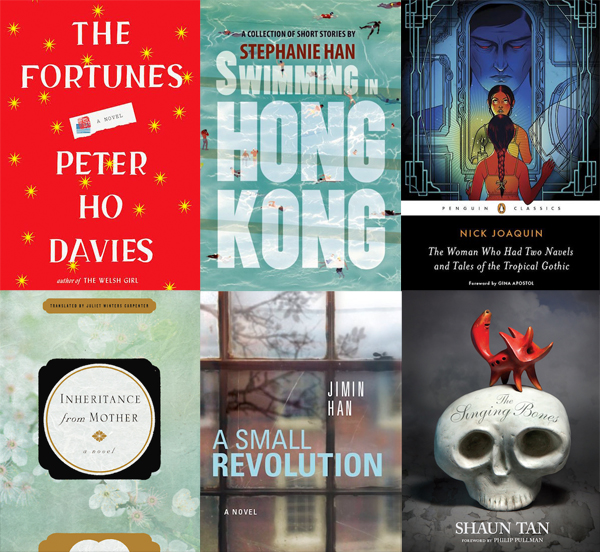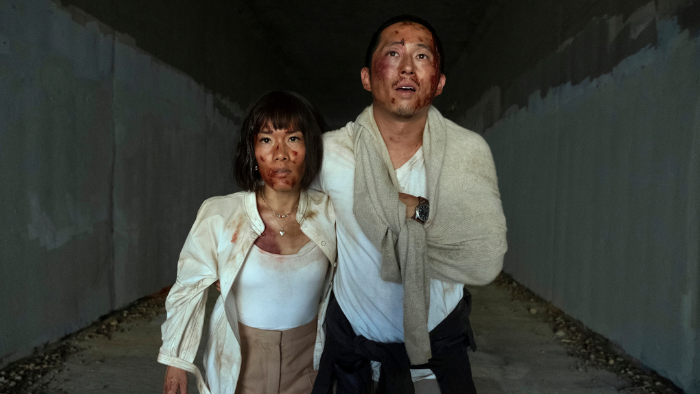Hawaii, one of the states against President Donald Trump’s revised travel ban — which restricts travel from six Muslim-majority countries — has been fighting the executive order ever since the initial ban was signed. One of the state’s driving forces against the order is Hawaii Attorney General Douglas Chin.
In an interview with The Huffington Post, Chin talked about his own experience with race and how it influenced him to fight against the ban, which he believes would strengthen damaging stereotypes placed on Muslims.
“When this ban first came out, what really jumped out to me is that it is marginalizing,” Chin told HuffPost. “It’s degrading people who belong to a certain nation [or religion]. It doesn’t matter if you’re a baby, fiancé or grandmother, if you’re from one of these countries then you’re presumed to be a terrorist.”
Chin grew up in a predominantly white community in Washington state, where he became self-aware of his race and experienced being stereotyped.
“Growing up Asian, the biggest thing we all know is that there’s this stereotype that we’re scholarly, that we don’t get into confrontations, that we’re very quiet,” Chin said. “I was a lot more aware of being the token Asian friend.”
Chin eventually made the move to live in Hawaii, where he learned that Asians had more of a presence than in his home community. As a result of being in a diverse community, Chin said he developed more confidence and did not worry about people looking down him because of his race.
Years later, Chin would have a conversation with his 18-year-old daughter about how she does not really focus on her friends’ racial backgrounds — a view which Chin accredits to her being born and raised in the state, home to the nation’s largest population of multiracial Americans.
As long as the ban appears to discriminate against people based on national origin or religion, Chin said he will continue fighting until people see race the way that his daughter does.
“Just like now, people don’t automatically say, ‘Oh, you’re Japanese? You must be an enemy because you bombed Pearl Harbor,’” Chin said. “It took some time to get there ― and I want to be a part of the process that helps people get to that place.”





